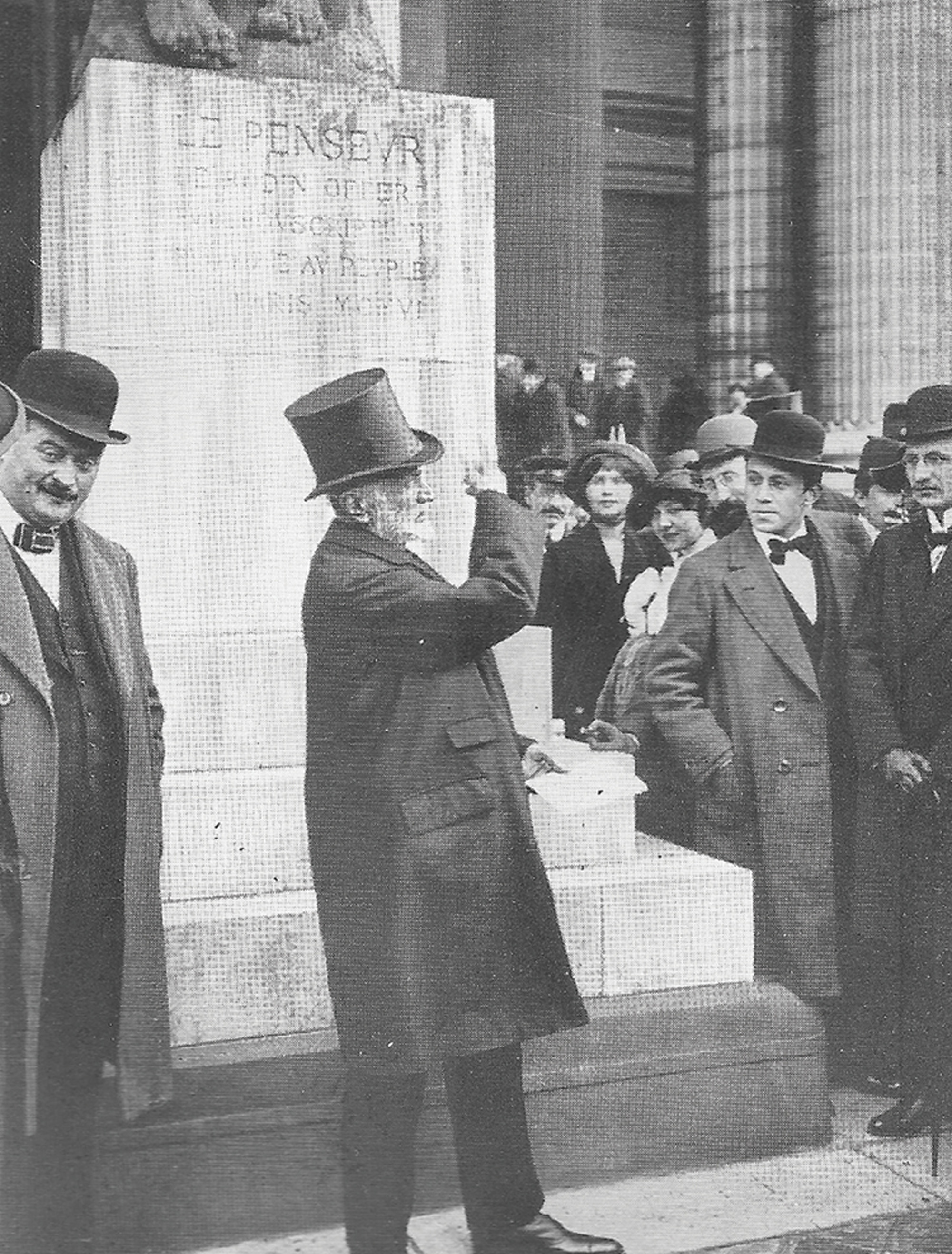The Frog Prince
The amphibian cosmology of Jean-Pierre Brisset
Kevin McCann
when they elected old Brisset Prince des Penseurs, Romains, Vildrac and Chennevière and the rest of them before the world was given over to wars Quand vous serez bien vieille remember that I have remembered, mia pargoletta, and pass on the tradition
—Ezra Pound, “Canto LXXX”
In January 1913, French papers announced that a little-known seventy-six-year-old philologist and philosopher named Jean-Pierre Brisset had been voted the “Prince of Thinkers” in an election organized by the recently founded Society for Ideology. He had solidly beaten out the better-known, second-place candidate, Henri Bergson. A ceremony was arranged for April of that year. Coming into Paris, the great man was met with a solemn reception at the Montparnasse train station, where a young girl presented him with flowers on the platform and the assembled crowd was treated to a poem that Charles Vildrac had written especially for the occasion. After an intimate lunch, Brisset was brought to the Pantheon to offer a few choice words by the foot of Rodin’s Thinker.

He subsequently met with members of the press, including reporters from Le Figaro, Le Matin, and Excelsior, and then headed to the Hôtel des Sociétés Savantes to deliver a public lecture in which he explained that Man had descended not from apes but from frogs, and that proof of this could be discovered by a close examination of ordinary language, in which the history of our species, along with the mysteries of God and of the world, remained encoded.[1] Human speech is the book bound with seven seals described in Revelation, and Brisset himself was the seventh angel who had broken the final seal and revealed its contents. The words we use today still register our initial reactions to moments of great import in the course of our divinely orchestrated evolution—the moment when humans’ amphibious and asexual ancestors discovered their incipient genitalia; early acts of violence destroying the peace that once existed between animal and man; the experience of good and evil and encounters with angels and demons (who were also our ancestors, a middle stage of development between Man and frogs).
Though Brisset’s books had revealed the secrets of God and Man deduced through his analysis of the French language, he had emphasized in his La science de Dieu ou la creation de l’homme (The science of God or the creation of man) of 1900 that God’s language is equally audible in all current languages and he was not claiming any special status for his own national tongue: “The present work cannot be translated in its entirety, but each language can be analyzed by following the Great Law and the methods presented in this volume. The result will be the same: The creation of man, both as animal and as spirit.”[2]